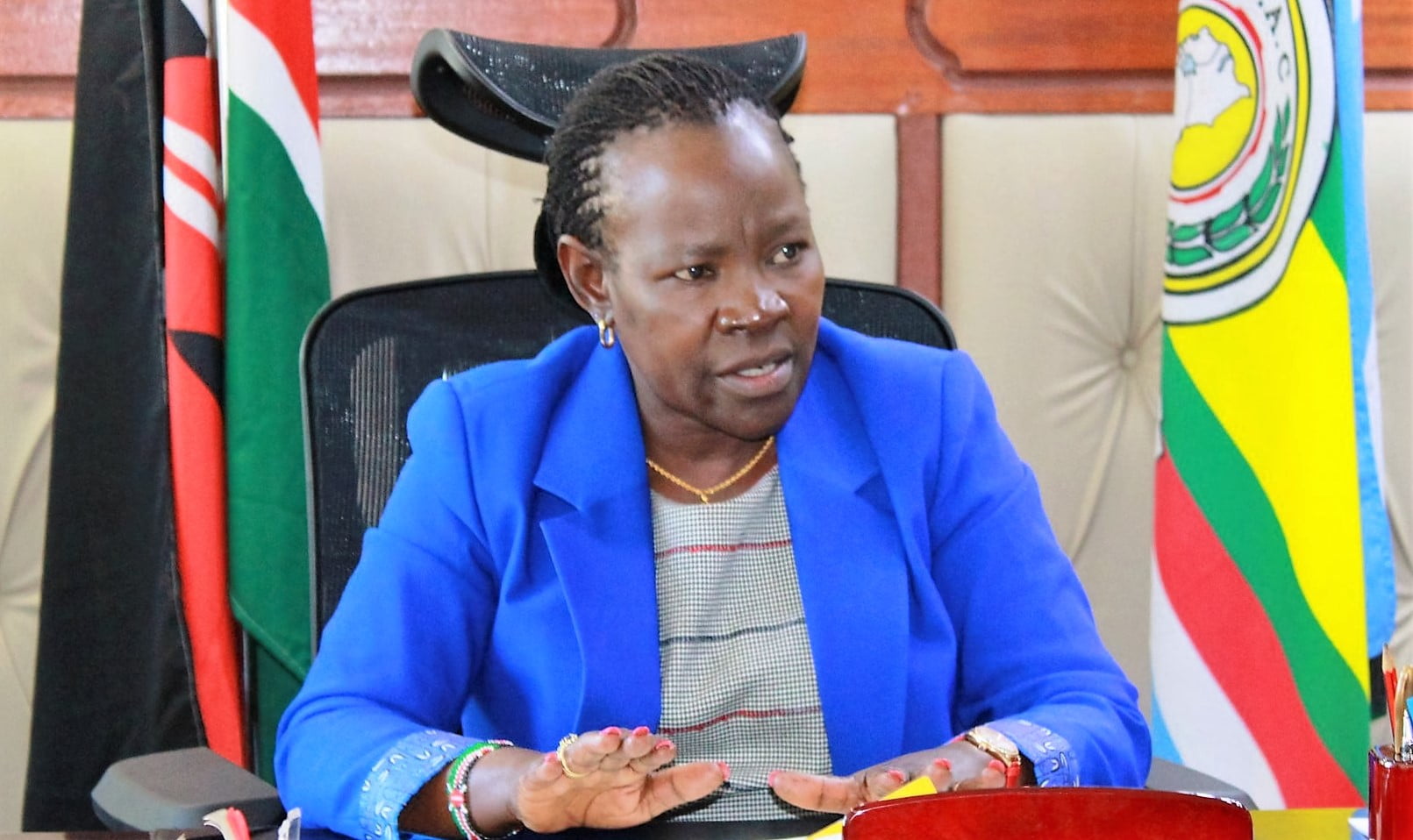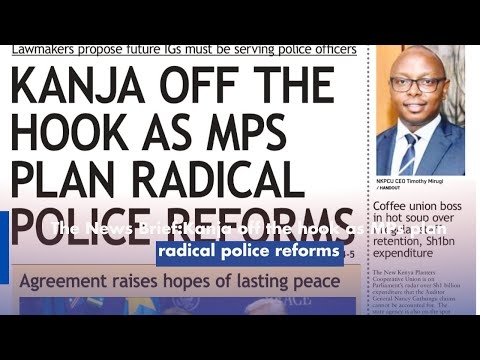
 TVET PS Esther Muoria. /FILE
TVET PS Esther Muoria. /FILEThe government has directed trainers and other staff in higher education institutions to authenticate their academic and professional certificates following revelations by the Public Service Commission that a significant number of them used forged documents to gain employment.
In a circular dated October 3, 2025, addressed to principals of national polytechnics, technical training institutes, and vocational colleges, Principal Secretary for the State Department of Technical, Vocational Education and Training (TVET) Esther Muoria said the verification exercise is mandatory for all officers, regardless of when they joined the service.
"In compliance with the Public Service Commission directive, you are hereby instructed to notify all staff within your respective institutions of this mandatory requirement and to provide necessary administrative support to facilitate the authentication exercise," Muoria said.
She warned that failure to comply with the directive could attract administrative action as provided under the Public Service Commission regulations.
The audit, first ordered in October 2022, followed revelations by the Ethics and Anti-Corruption Commission (EACC) that a significant number of employees had secured employment using fraudulent certificates from secondary schools, TVET institutions, private colleges, and even local and foreign universities.
The initial audit was confined to officers appointed within a span of 10 years, meaning that the exercise was limited to officers who entered the public service in 2012.
PS Muoria noted that the falsification of academic credentials had damaged Kenya’s long-held reputation for credible academic standards, prompting a nationwide crackdown "irrespective of date of employment" to restore integrity in public service recruitment and promotions.
She instructed all heads of technical institutions to notify their staff about the directive and ensure full compliance.
The exercise will involve verification of the Kenya Certificate of Primary Education (KCPE), Kenya Certificate of Secondary Education (KCSE), and any diploma or higher national diploma acquired from the Kenya National Examinations Council (KNEC) by October 18, 2025.
The verification should be done through the Kenya National Examinations Council portal online portal http://qmis.knec.ac.ke.
“For certificates issued by universities and other colleges that conduct internal examinations, authorised officers are required to submit them to the verifying institutions under confidential cover. The verified documents should then be forwarded to the relevant authorities under similar confidentiality,” the PS said in the directive.
Muoria said KNEC will continue offering discounted rates for validating certificates issued under its jurisdiction to encourage timely compliance.
The PS urged institutional heads to expedite the process to avoid penalties and ensure all employees’ credentials are properly authenticated.
"Your cooperation and immediate action in implementing this directive is highly appreciated," she said.
The exercise marks one of the most extensive credential verification drives in the public service history, coming at a time when EACC has intensified efforts to rid government offices of academic fraud and ensure merit-based appointments.
In January this year, EACC arraigned five public officials on various charges relating to the forgery of academic certificates, which they used to secure employment and promotions.
Speaking during the 2025 Ethics and Integrity Conference on May 21, Head of Public Service Felix Koskei warned that certificate forgery is a serious breach that jeopardises Kenya's institutions' core values of integrity, competence, and meritocracy.
“This vice strikes at the heart of competence and integrity in our institutions. We must confront it decisively to safeguard our national objectives,” Koskei said.
Data from the EACC shows an alarming increase in academic and professional certificate forgeries in the public sector, with state corporations and senior government agencies accounting for approximately 70 per cent of the flagged cases.
An audit of 53,000 cases submitted to the Kenya National Resources Region Council from 91 public institutions unearthed 1,208 forged certificates.
Since 2022, the EACC said it had investigated 549 cases of forged academic and professional credentials and approved 85 files for prosecution, 13 of which resulted in convictions.
Under the law, the EACC is at liberty to recoup salaries and all benefits obtained fraudulently by individuals who gained employment using forged academic papers.


















